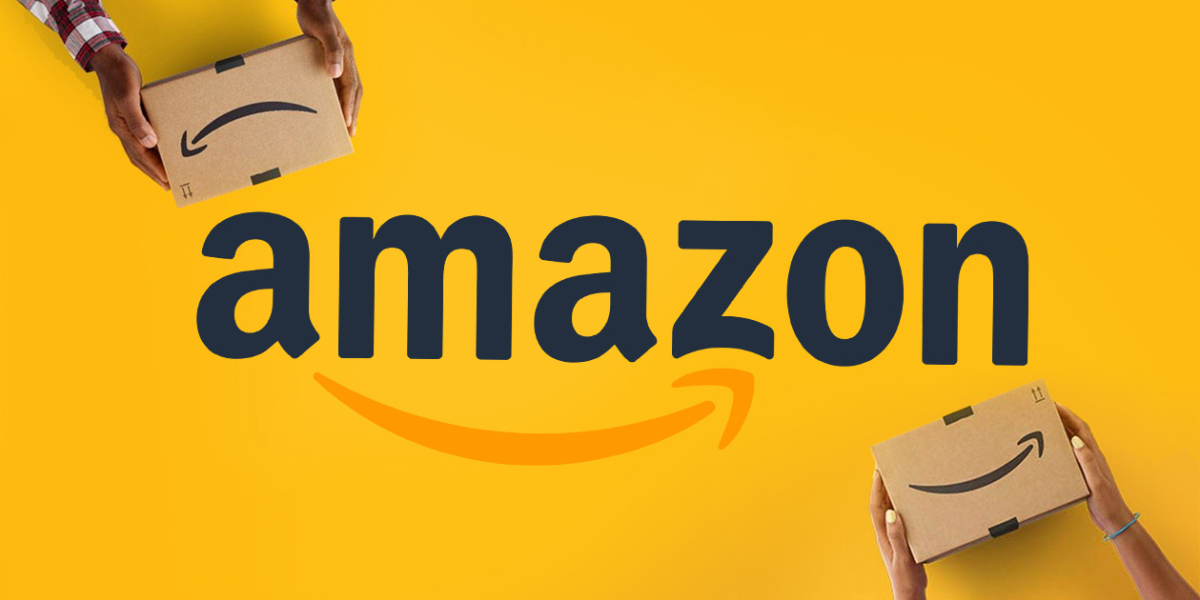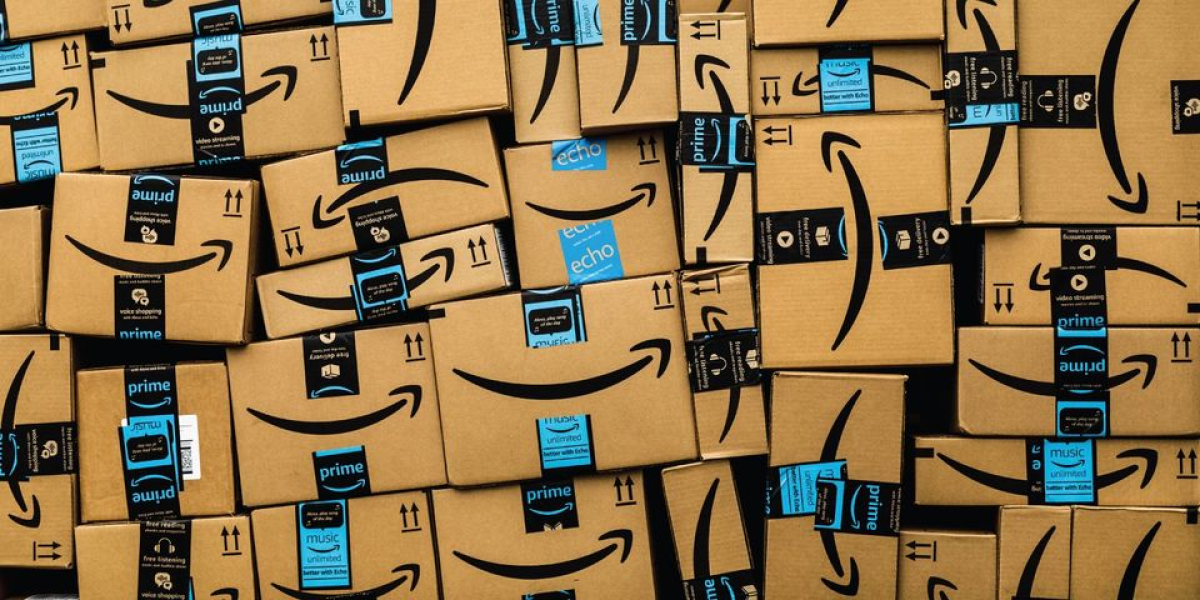
How to Start an Amazon Private Label Business?
- Amazon
- Amazon FBA
- E-Commerce Business
Starting an Amazon Private Label business offers a lucrative opportunity in the growing e-commerce market. Private labelling allows you to sell products manufactured by others under your brand name while controlling product specifications and branding. This blog outlines the key steps and strategies for launching a successful Amazon private label business.
Understanding Amazon Private Label Environment:
What is a private-label product?
Private-label products are produced by third-party manufacturers but sold under your brand. Unlike wholesale or dropshipping, this model offers higher profit margins and greater control over branding.
The Private Label Advantage on Amazon
Amazon offers a vast platform for private-label products. With customized branding and targeted marketing, these products frequently outperform generic and brand-name competitors.

Following are some basics you need to know:
1. Researching Your Product Niche
Market Research for Product Ideas:
1. Conduct thorough market research to find the right
product.
2. Use tools like Jungle Scout or Helium 10 to analyze
trends, demand, and competition.
3. Aim for products with high demand but low
competition.
Choosing a Profitable Niche:
Select niches that match consumer interests and show growth potential. Trending categories on Amazon include eco-friendly and health and wellness products.
2. Sourcing and Manufacturing Your Product
Finding the Right Supplier:
Use platforms like Alibaba to connect with overseas manufacturers. Carefully vet suppliers by checking their credentials, reviews, and product quality.
Negotiating Terms:
Negotiate terms with your supplier to cover pricing, delivery schedules, and minimum order quantities, ensuring your interests are protected.
3. Branding and Packaging
Building Your Brand:
Invest in a professional logo, attractive packaging, and a compelling brand story to stand out on Amazon.
Legal Considerations:
Protect your brand with trademarks and copyrights to guard against infringement and maintain your market position.
4. Registering with Amazon Brand Registry
Protecting Your Brand:
Amazon Brand Registry offers tools to safeguard your brand and enhance customer trust. It requires trademark registration and provides benefits like advanced marketing tools and proactive
5. Listing Your Products on Amazon
Optimizing Product Listings:
Create keyword-optimized titles, high-quality images, and detailed descriptions. Use SEO strategies to integrate keywords such as “Amazon private label” and “private label products on Amazon.”
Choosing Fulfillment Methods:
You can choose between Amazon’s FBA service and handling fulfilment. FBA can simplify shipping and improve customer service.
6. Launching Your Product
Effective Launch Strategies:
Boost visibility and sales with promotional discounts, Amazon PPC campaigns, and initial customer reviews.
7. Scaling Your Amazon Private Label Business
Expanding Product Lines :
Expand your product line with complementary items or explore new markets once established.
Going Global :
Use Amazon’s global platform to reach international markets and increase your brand’s reach.
8. Common Challenges and How to Overcome Them
Managing Inventory :
Maintain effective inventory management to avoid stockouts or overstock, which can affect your brand reputation.
Handling Competition :
Stay competitive by optimizing your product offerings and marketing strategies. Analyze the market regularly and adjust your tactics as needed.
Case Studies and Success Stories :
Gain insights from successful Amazon private-label brands. These examples offer valuable strategies and inspiration for your business.
Conclusion:
Launching an Amazon private label business requires careful planning and strategic execution. Each phase demands attention to detail, from research and sourcing to launching and scaling. With a thoughtful approach, your private label brand can succeed on Amazon and yield significant financial rewards.FAQ's
-
What is an Amazon Private Label?
An Amazon private label product is manufactured by a third party but sold under your brand on Amazon. It allows you to control quality, branding, and pricing, setting your products apart from competitors while leveraging Amazon's extensive customer base.
-
Is Amazon Private Label Still Profitable?
Yes, Amazon's private label remains profitable. Success depends on choosing the right niche, managing supply chains effectively, and implementing robust marketing strategies. With e-commerce growth and Amazon's market dominance, private labelling can offer substantial returns when handled well.
-
What is the Difference Between Amazon FBA and
Private Labe?
Amazon FBA (Fulfillment by Amazon) handles the storage, packing, and shipping of products for sellers. The private label refers to products made by one company but sold under another's brand. While private label focuses on brand creation and product ownership, FBA is a logistics solution. Sellers can use FBA to fulfil their private-label products.
-
How Much Does FBA Private Label Cost?
The cost of starting an FBA private label business varies based on product choice, supply chain, and inventory levels. Typical expenses include manufacturing, Amazon fees (monthly, fulfilment, and selling fees), marketing, and branding/packaging. Depending on the scale of the launch, initial investments can range from a few thousand to tens of thousands of dollars.
